Have you spotted the Artificial Intelligence around you?
Artificial Intelligence (AI) is all around in our daily life, and I am sure that you are one of the users who are also employing AI in your daily chores or events.
1. Health Care
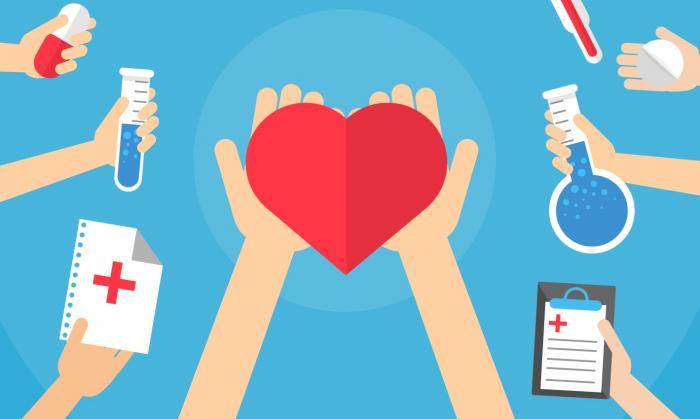
The main AI applications in healthcare include patient coaching and monitoring, clinical resolution support, healthcare system management, and automated tools to help in surgery. Additionally, present achievements in machine learning could predict patients at risk and search social media to understand possible health concerns.
Moreover, health care facilities can assemble useful data from mobile apps, individual monitoring devices and electronic health records to smoothen hospital operations and medical procedures. However, there are many challenges in the implication of AI in the healthcare field, especially those related to its incentive structures and redundant regulations.
Poor interaction methods between humans and computers have delayed AI’s realization. Once these barriers undergo elimination and merged with innovation, healthcare outcomes will become helpful to many people in the future.
2. Eldercare
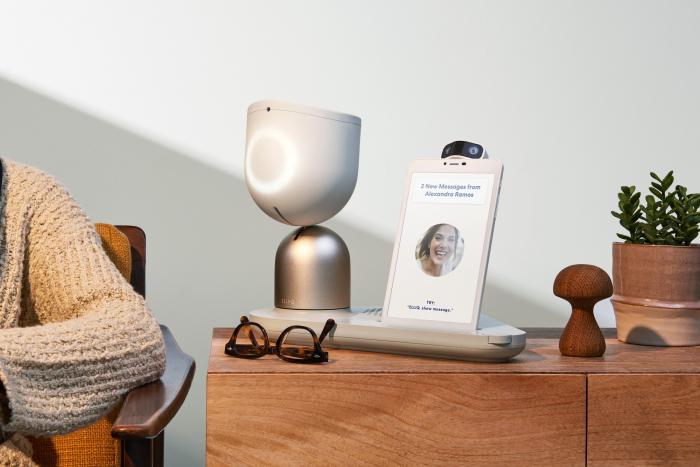
Home health supports will be increased within these few years as the number of elderly is increasing in society. The elderly care will involve promoting independence through automates transportation that will allow them to develop their social horizon. The elderly will become more self-governing because the house based smart devices will assist them to go to the toilet and get dress.
Families of these elderlies will also gain shared essential information for proper engagement. Furthermore, the mobile application observes activities and movements and allows social platforms to recommend ways to preserve physical and mental health. This can also detect behaviour and mood alterations in the patients promptly alerting their caregivers. Since there will be the personalization of health management, the elder patients can receive better treatment devices including visual assistive and hearing aids to enhance social connection and safety. They will also experience fewer hospital stays and enjoys physical assistive machines such as wheelchairs and exoskeletons.
3. Crime Investigation
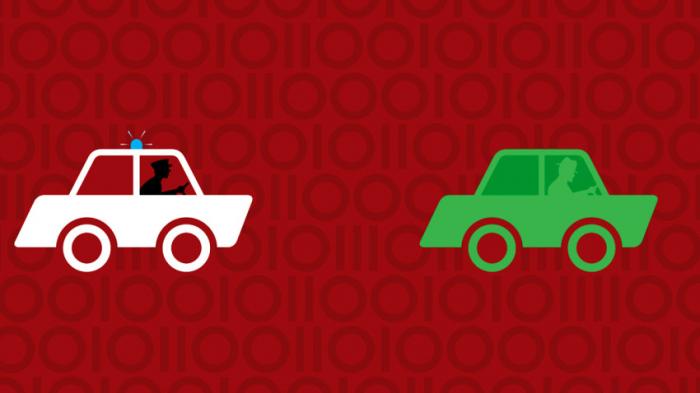
Due to the importance of public security and safety for the development of the country, many cities around the world are using AI technologies in fighting crime. These technologies are in the form of drones, predictive policing applications, and surveillance cameras. AI may eliminate bias instilled in humans’ decision-making processes in matters related to deployment.
Moreover, AI also helps in identifying white-collar crimes such as credit card fraud. It also helps the commanders to concentrate on specific tasks and allocate the necessary resources in the process of controlling crime scenes, rescue or search proceedings, even though these mechanisms are not ready to automate these activities. The use of camera systems helps police solve and prevent crime. As AI technologies improved every day, there will be lesser malpractice in collecting evidence and higher accuracy in prosecuting criminals.
4. Employment
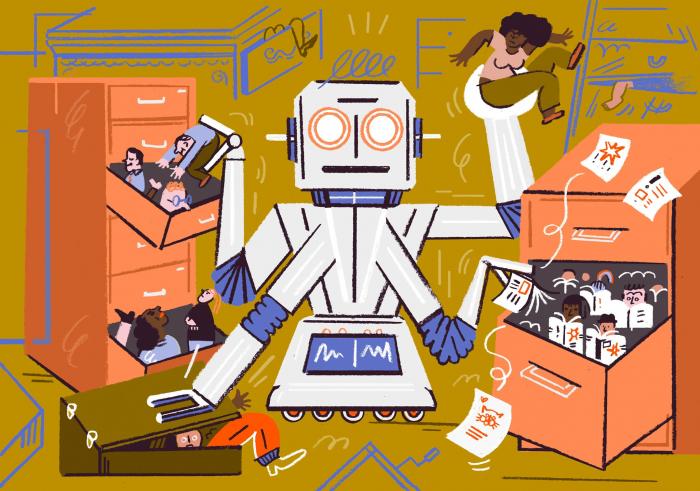
Over time, the labour market is constantly changing because of intensified globalization and the economic condition. The use of AI in the labour market will affect the employees because it will alter the demands for skills, workforce location and size. Currently, AI technologies have influenced the middle-skilled employees like travelling agents instead of the low- or high-skilled workforce. Some companies employ a limited number of workers although they are highly popularized corporations. Some massive institutions and firms execute functions scaled by increasing human labour, either vertically in managerial hierarchies or horizontally across different geographical regions. On the other hands, AI also may create jobs in the sectors that are connected with AI. In short, AI creates new markets and allows the effective operation of existing ones.








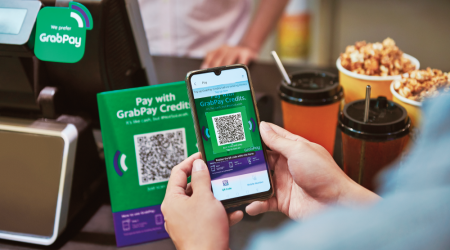



Leave a Reply